Papaya Leaf Juice Benefits: 8 Incredible Health & Skin Uses
From boosting immunity to aiding digestion, this healthy juice has a lot to offer.
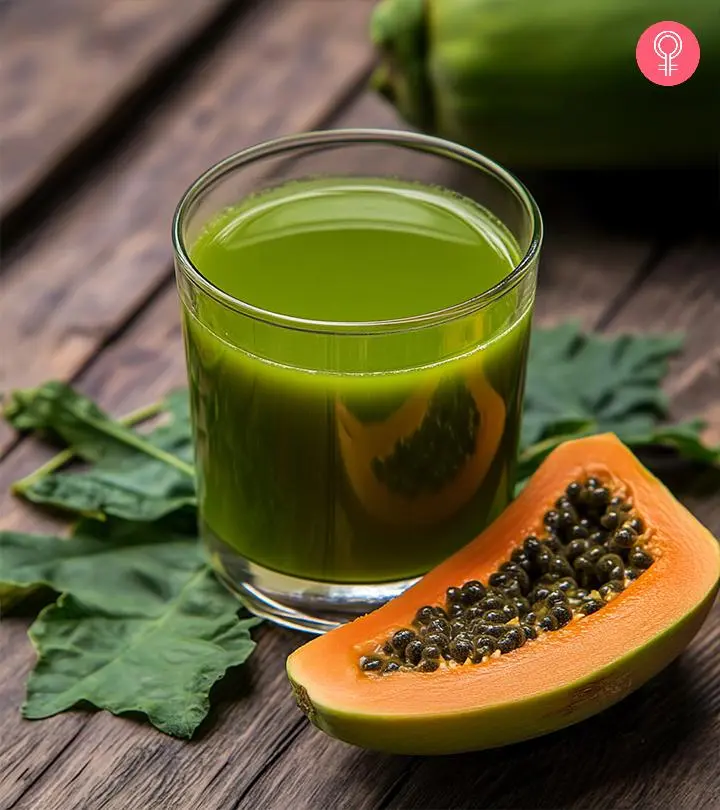
Image: Midjourney/ StyleCraze Design Team
The benefits of papaya leaf are gaining the attention of many health enthusiasts. In traditional medicine, leaves of all kinds were an integral part of treatment. They were widely used to treat both simple and lethal diseases of humans and animals. Holy basil, neem, aloe vera, mint, and dandelion leaves were mostly used, and papaya leaf is a valuable add-on to this list. In addition, the leaf extract of papaya is known to cure parasitic fevers like dengue and is also considered a notable immune system booster.
Learn more about the papaya leaf juice benefits and the best method of preparation for treatment. Scroll down to know more!
 Know Your Ingredient: Papaya Leaf Juice
Know Your Ingredient: Papaya Leaf JuiceWhat Is It?
A bitter-tasting and dark green colored liquid made from crushing papaya leaves.
What Are Its Benefits?
It may help treat gut problems, and skin problems and has anticancer and cholesterol-lowering properties.
Who Can Consume It?
Those who are not allergic to papaya leaf juice and want to lose weight can use it.
How Often?
It can be consumed daily in moderation.
Caution
Consuming papaya leaf juice in non-prescribed doses can cause some side effects, consult a doctor if any of the side effects become severe or last longer than 24 hours.
In This Article
What Is Papaya Leaf Juice Or Extract?
Papaya leaf extract is made by crushing the tender and young leaves of the Carica papaya plant. This concentrated extract is topically applied to treat skin allergies, wounds, scars, blemishes, hair fall, dandruff, and fungal or bacterial infections due to its antibacterial effects.
This thick and bitter extract is diluted with water to make a milder juice, which you can consume.
Papaya leaf juice is one of the best detox drinks you can ask for as it effectively aids in proper detoxification.
It has vitamins A, B, C, and E and minerals like calcium, phosphorus, and iron.
The leaves have high levels of phytochemicals like saponins, tannins, alkaloids, and flavonoids, especially β-carotene, that work together to cleanse your blood and improves circulation to treat GI tract disorders protect your liver and kidneys from inflammation manage hypertension, diabetes, and several cardiovascular diseases.
Barbara Kovalenko, a nutrition consultant, says, “Studies in diabetic mice have shown that papaya leaf extract has powerful antioxidant properties and hypoglycemic effects. This is due to the ability of papaya leaves to protect the insulin-producing cells of the pancreas from damage and premature death.”
She continues, “However, no scientific evidence indicates that the same or similar effects can occur in humans. More research is needed to determine if papaya leaves can help manage high blood sugar in humans.”
Jesse Feder, Clinical Dietitian at the Memorial Regional Hospital South, adds, “There are some preliminary studies on animals showing that papaya leaf consumption decreases lipid levels and glucose levels. While I would not necessarily use papaya leaves as the main treatment for diabetes, they can be part of a diabetes diet. Make sure to consult your healthcare provider first before trying to use this as a treatment for diabetes.”
Did You Know?
- According to traditional Southeast Asian medicine, smoking dried, powdered papaya seeds and leaves can support respiratory health and reduce chronic respiratory disorders like asthma and bronchitis.
- Since papaya has high levels of papain and chymopapain, the protein-digesting enzymes, crushed papaya leaves and the fruit pulp are used as natural meat tenderizers.
- Papaya leaves have potent anthelmintic activity against earthworms and nematodes. They are used to treat various helminthiasesi A group of infectious diseases caused by parasitic worms like tapeworms, flatworms, and roundworms. in humans.
Isn’t it wonderful that the unpalatable bitter leaves can help your body manage different stresses? Let’s now take a look at the mind-blowing favors this leaf does to our body – in detail.
Happy reading!
Key Takeaways
- Papaya leaf has anti-inflammatory properties that help treat pigmentations, wrinkles, and other skin troubles, thus supporting skin health.
- Consume papaya leaf to improve digestion, boost immunity, and fight infections.
- These leaves can help reduce the risk of cancer development by hindering the growth of cancer cells.
- Note that you should avoid these leaves if you are pregnant or want to conceive.
8 Incredible Benefits Of Papaya Leaf Juice
1. Cures Dengue Fevers

Dengue viruses cause life-threatening dengue fever, using mosquitoes as a medium. The symptoms take time to show up but are almost fixed – high fever, rash, and a severe headache (the dengue triad), along with joint and muscular pain, shivering, and eye pain. Ultimately, all of these lead to reduced platelet count in the body.
Having 25 mL of papaya leaf juice (in water) twice a day boosts your platelet count and reduces the severity of the infection, making it successful in dengue fever treatment.
The extract has essential bioactive compounds like papain, chymopapain, and caricain, which treat nausea and improve digestive health (1), (11).
2. Has Antimalarial And Plasmodiastatic Properties
AA 2011 mouse study shows that papaya leaf extract can be noted as an effective malaria treatment. It has plasmodiastatic properties, i.e., it decelerates the growth rate of Plasmodium in your body, indirectly controlling malarial fever.
Papaya leaf juice increases the antioxidant levels in the patients, thereby preventing malaria-induced anemia in them (2).
But there is a need for more in-depth research and systematic clinical trials to support this effect of papaya leaf extract against malaria and fevers like chikungunya.
 Did You Know?
Did You Know?3. Aids Digestion And Cures GI Tract Issues

Eating tender and young leaves of papaya or drinking its juice can solve digestive issues like bloating, heartburn due to acid reflux, constipation, and painful bowel movement (3).
It has abundant antioxidants and active compounds like papain, chymopapain, and essential fiber, which aid protein digestion and release of digestive enzymes and increase appetite (4).
The enzyme-rich juice of papaya leaf can also soothe gastric wall damages that lead to ulcers caused due to alcohol abuse and other stresses because of its biochemical constituents (5), and therefore support gastric health as well.
4. Protects Your Liver From Inflammatory Diseases
Hypercholesterolemia or high-cholesterol levels in serum lead to complex cardiovascular diseases, obesity, and liver diseases.
Choosing alternate plant-based options like papaya leaf juice can cleanse your blood by lowering the cholesterol levels. This happens because a few phytosterols in papaya leaf juice have a similar structure to bad cholesterol (LDL). They displace LDL from the cells and compete for intestinal absorption, preventing LDL from accumulating.
Also, this way, there is minimal lipid peroxidationi A metabolic procedure that results in the oxidative degradation of lipids due to reactive oxygen species and may cause cell death. , and your liver is kept safe from free radical-induced inflammatory diseases, such as cirrhosis and jaundice (6).
5. Maintains The Glow Of Your Skin

Since papaya leaf has high levels of antioxidants, like saponins, flavonoids, tannins, and alkaloids, you can use its extract to nourish your face and skin (7).
These antioxidants, along with vitamins C and A, scavenge the free radicals in your blood, improving its circulation through your skin.
When this happens, the skin retains its texture and glow. The signs of aging, such as wrinkles, breakouts, and pigmentation, get diminished.
Papaya leaf juice, when applied along with the fruit pulp, opens the clogged pores of your skin and clears out pimples, acne, and excessive oil generated on your face.
Now you know why are there so many papaya peel-off masks in the mart!
 Did You Know?
Did You Know?6. Boosts Your Immunity And Shows Anticancer Properties
Traditional medicine uses papaya fruits and leaves to cure disorders as complex as cancers. And while we know a lot about papaya benefits and the fruit’s function in reducing oxidative stress, the advantages also extend to its leaf juice.
Ingesting the leaf juice can boost the activation of primary components of your immune system like T-lymphocytes, which, in turn, trigger the production of various chemical messengers (IL-12, IFN-?, and TNF-α) that perform assigned roles in defense to specific stresses, especially from chemotherapies.
The phytochemical composition of papaya leaf juice includes active compounds like α-tocopherol, lycopene, and benzyl isothiocyanate, which show potent antitumor activity and prevent cancers from metastasizing (8), thus being effective in cancer treatment.
However, more research is required to corroborate this property.
7. Fights Dandruff And Controls Hair Problems

Applying papaya leaf extract to your scalp can remove the excess oil, dirt, and grime at the roots. It is an excellent remedy to cure dandruff and itchy scalp problems.
The leaf extract balances out the moisture and oil on your scalp, making it less prone to dryness and fungal infections that can lead to premature balding.
Berenice Shehlamo, a vlogger, spoke about her experience of using papaya leaf juice on her hair for a week in her video. She said, “ I did not notice any dandruff. My scalp was clean. No itching of any form (i).”
8. Has Potent Anti-inflammatory And Antinociceptive Effects
Extracts of papaya leaf and seeds exhibit powerful anti-inflammatory effects due to the presence of polyphenols, saponins, and alkaloids that are natural analgesics and antinociceptive agentsi Substances with the ability to reduce pain without affecting consciousness or inducing anesthesia. .
These compounds act directly on your CNS (central nervous system) and block the transmission of pain-inducing and pro-inflammatory chemicals, such as histamines, serotonin, and prostaglandins, reducing the pain and the severity of inflammation (9).
Drinking papaya leaf juice helps in the treatment of a host of conditions – arthritis, diabetes type 2, asthma, irritable bowel disease, periodontitisi A severe bacterial gum infection caused by improper oral care and may damage the gums and the jawbone. , UTIs, gastric ulcers, acute and swollen wounds, burns, bronchitis, pneumonia, heartburn, cardiovascular diseases, cirrhosis, tendonitisi A condition in which the connective tissue between muscles and bones becomes inflamed due to repetitive movements. , menstrual cramps, migraine, and headaches.
When I read about these benefits, I made up my mind to consume this unimaginably bitter-tasting leaf juice.
The first time I took a sip of it, I understood what poison meant. It would be difficult to get used to it, but where there is a will, there’s a way, isn’t it?
So, I put together some fun and quick recipes for making papaya leaf juice tastier and less bitter.
And I decided to share them with you. Here you go!
How To Make Papaya Leaf Juice
Let’s do the basic recipe first and then move on to make it taste better.
What You Need
- Clean, fresh, and, tender papaya leaves: 5-10
- Regular masticating juicer or a blender
- Small glass bottles (to store in refrigerator): optional
Let’s Make It!
Wash the papaya leaves thoroughly with purified drinking water.
- Put them in the juicer jar and blend thoroughly to a smooth consistency.
- If you don’t have a juicer, use a blender to crush the leaves thoroughly.
- Strain the contents through a thin cloth or a sieve.
- Collect the clarified juice into small glasses (shot glasses) or bottles to refrigerate and use later.
That’s it! You’ve made some lovely papaya leaf juice. Now, let’s see how you can manage to drink it.
Mary Sabat, MS, RD, LD, says, “Drinking papaya leaf juice daily is generally considered safe. However, some people may experience digestive discomfort when drinking it in large amounts, so it is important to consult a doctor before consuming large amounts.”
Just look in the mirror when you first experience the taste and then decide whether you want to have it this way or try a few tricks. The trick I used for a while until I got used to the bitterness of the juice is this.
Tip Time!
- Blend some pulpy and sweet fruits like apples, bananas, pineapples, grapes, mangoes, or papayas along with the papaya leaves and water.
- This will reduce the bitterness of the crude leaf juice.
- You can also try adding some milk to this mixed fruit juice to make a smoothie.
- Adding sugar, honey, or a sweetener is your choice. I recommend you to have it unsweetened.
After trying the tip, look in the mirror again, and see how happy and satisfied you feel for accomplishing this challenge.
But the best way to make the most of the leaves is by drinking the raw juice, which can instantly quench your thirst and provide hydration. So, try reducing the fruits in your drink gradually and see the magic unfold!
Jokes apart, bioactive extracts like papaya leaf juice should be taken in small and regulated doses and under medical supervision to avoid undesirable side effects.
I say this because the crude leaf extract is extremely potent and can cause allergic reactions in some people.
Keep in mind and look for the following papaya leaf juice side effects when you start drinking it.
What Are The Side Effects Of Drinking Papaya Leaf Juice?
- Unsafe For Pregnant Women Or Those Who Want To Conceive

There is a lot written about how papaya fruit has caused abortions or stillbirths in pregnant women, and how it adversely affects the fertility in women who are planning to conceive (contraception).
There are not many studies that show how safe drinking papaya leaf juice is for such women, and hence, it is deemed unsafe.
So, it is better to stay away from this juice.
- Is A Potent Allergen
If you are allergic to papaya fruit, refrain from consuming this leaf extract as it may cause skin rashes, stomach irritation, and nausea that might need immediate medical attention.
These are some potential side effects of drinking papaya juice. However, consuming it in moderation has several health benefits. Also, you can take some preventive measures to keep these adverse reactions at bay. Check them out below.
Precautions To Prevent The Side Effects Of Papaya Leaf Juice
Here are some precautions you can take to minimize the risk of side effects when consuming papaya leaf juice:
- Always consult your doctor before adding papaya leaf juice to your diet, especially if you are pregnant or breastfeeding.
- Similarly, if you have any underlying health conditions or are on medications of any kind, consult a healthcare expert to prevent potential drug interactions.
- If you are allergic to the fruit and its juice, avoid consuming it.
- If you are trying the juice for the first time, start with a small amount to see how your body reacts. If there is no discomfort or reaction, you can gradually increase the dose.
- Always prepare your juice from fresh leaves and consume it as soon as you make it. If you really have to store the juice, ensure to keep it in the refrigerator to prevent spoilage and bacterial growth.
Next, learn how to incorporate papaya leaf juice into your diet to reap its benefits! Scroll down to know more.
Ways To Include Papaya Leaf Juice In Your Diet
- Add papaya leaf juice to your fruit smoothies.
- Blend papaya leaf juice with green leafy vegetables to create a green smoothie.
- Have it with fresh fruits for breakfast.
- Use it as a salad dressing.
- Mix it with fresh lemon juice to make a glass of refreshing lemonade.
- Add it to marinades to act as a natural meat tenderizer.
- Use it as a base for preparing mocktails or cocktails.
- Make ice pops or popsicles with it.
Infographic: Papaya Leaf Juice Hair Mask
With the many benefits of papaya leaf juice, you must be wondering how to incorporate it into your daily wellness routine. When it comes to using papaya juice for your hair, we got you covered with the details of a DIY hair mask that you can easily try at home. Have a look at the infographic below to know what you need and how to make this simple DIY hair mask.
Some thing wrong with infographic shortcode. please verify shortcode syntax
So, What’s The Verdict?
The benefits of papaya leaf juice can be attributed to its nutrients and phytochemicals. The juice may boost platelet count and reduce the severity of dengue fever, act against malaria and may aid in chikungunya treatment, and aid in digestion. It reduces inflammation in the liver, thereby supporting liver health, fights free radicals, and also helps improve skin texture, and combat dandruff. However, it is regarded as unsafe for pregnant women or those planning to conceive. Those allergic to papaya may also experience skin irritation and nausea. Hence, practice caution.
Frequently Asked Questions
Can we boil papaya leaves?
Yes, papaya leaves can be boiled to prepare tea, juices, etc. Wash and clean the papaya leaves, remove the stem, finely chop the leaves, boil them and strain the liquid.
Can papaya leaves increase white blood cells?
A study demonstrated that consuming papaya leaf juice could improve platelet and total white blood cell counts in people with dengue (10).
Is papaya leaves heat or cold?
According to Ayurveda, although papaya has hot or warming energetic qualities, its leaves are considered to be cooling. They may help soothe Pitta dosha and ease the excess heat in the body.
How long should one consume papaya leaf juice for best results?
You can have papaya juice every day for a couple of days or months depending on your health and the exact condition you are trying to manage like dengue fever. Consult your healthcare provider before having papaya juice for its medicinal properties.
What are the potential interactions between papaya leaf juice and prescription medications?
Papaya leaf juice may interact with oral hypoglycaemic agents like metformin and glimepiride, p-glycoprotein substrates like digoxin, and antibiotics with cation-chelating properties like ciprofloxacin (11).
Illustration: Benefits Of Papaya Leaf Juice, How To Make, & Side Effects
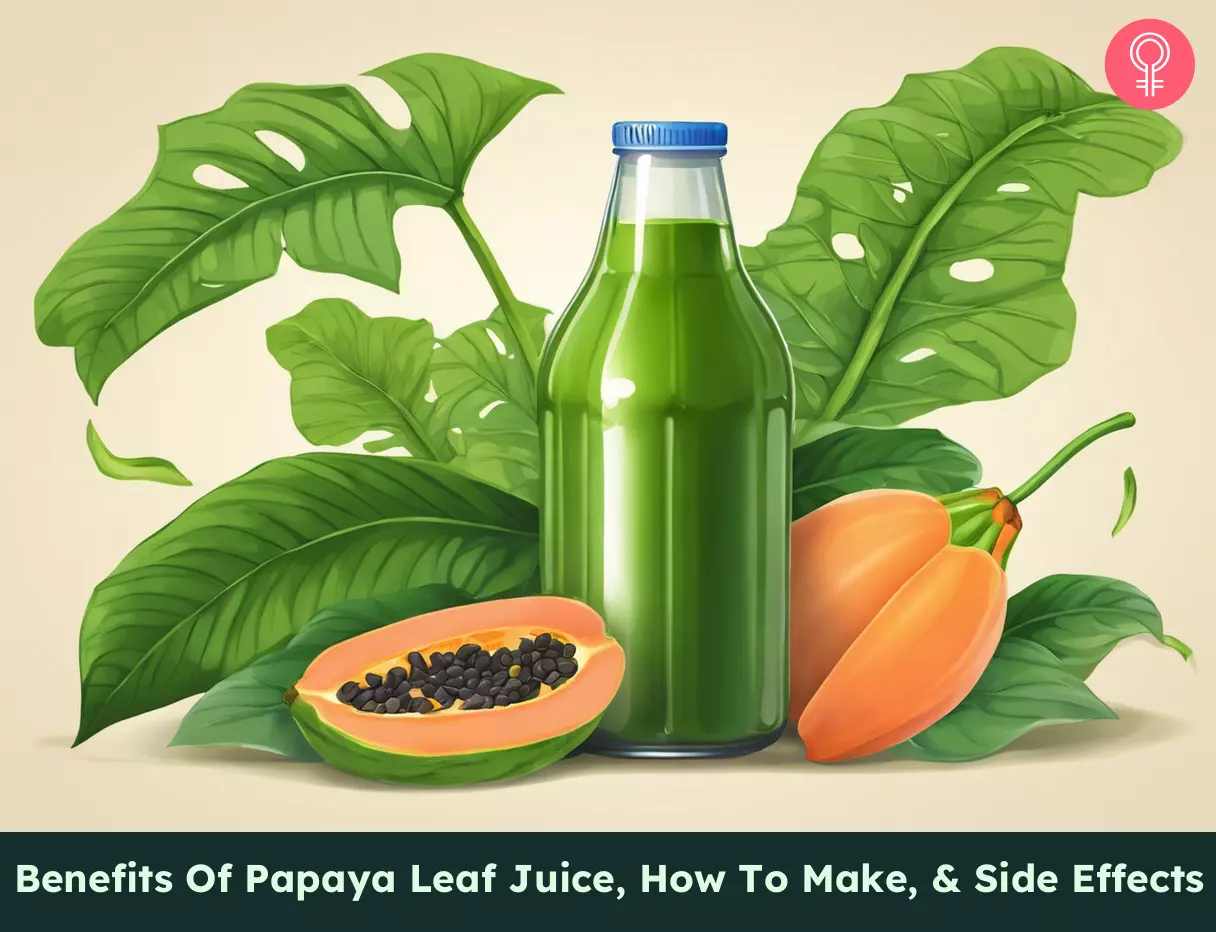
Image: Stable Diffusion/StyleCraze Design Team
Papaya leaf juice is a great winter-season drink which helps increase platelet count and is an excellent home remedy for dengue as well. Watch this video to learn more about its benefits.
Personal Experience: Source
StyleCraze's articles are interwoven with authentic personal narratives that provide depth and resonance to our content. Below are the sources of the personal accounts referenced in this article.
i. Two weeks of using papaya leaf juice on my hair. Is it worth the hype?https://www.youtube.com/watch?v=w_MVxkN1dic
References
Articles on StyleCraze are backed by verified information from peer-reviewed and academic research papers, reputed organizations, research institutions, and medical associations to ensure accuracy and relevance. Read our editorial policy to learn more.
- “Dengue fever treatment with Carica…” Asian Pacific Journal of Tropical Biomedicine, US National Library of Medicine
- “Antagonistic antimalarial properties of…” Journal of VEctor borne diseases, US National Library of Medicine
- “Papaya preparation (Caricol….” Neuroendocrinology Letters, US National Library of Medicine
- International Journal of Life Sciences Biotechnology and Pharma Research
- “Protective effects of Carica papaya L…” The West Indian Medical Journal, US National Library of Medicine
- “Effect of Carica papaya Leaf Extract…” Health, Scientific Research Publishing
- “Phytochemical and Pharmacological Investigation…” Department of Pharmacy, East West University
- “Aqueous extract of Carica papaya leaves…” Journal of Ethnopharmacology, ScienceDirect
- “Antinociceptive and anti-inflammatory effects of…” African
- EFFECT OF PAPAYA LEAF JUICE ON PLATELET AND WBC COUNT IN DENGUE FEVER: A CASE REPORT
https://www.researchgate.net/publication/271854156_EFFECT_OF_PAPAYA_LEAF_JUICE_ON_PLATELET_AND_WBC_COUNT_IN_DENGUE_FEVER_A_CASE_REPORT - “Carica papaya L. Leaf: A Systematic…”Evidence-based Complementary and Alternative Medicine : eCAM, US National Library of Medicine
Read full bio of Ariana Fiorita
- Mary Sabat, MS, RDN, LD, is a registered dietitian and a certified in personal training by the American Council of Exercise. She has 30 years of experience in nutrition education, wellness coaching, fitness training, holistic health, and weight loss coaching. She obtained her bachelor's degree in Dietetics and Nutrition from the University of Delaware and master’s degree in Human Nutrition with an emphasis on Exercise Science from Rutgers University.
 Mary Sabat, MS, RDN, LD, is a registered dietitian and a certified in personal training by the American Council of Exercise. She has 30 years of experience in nutrition education, wellness coaching, fitness training, holistic health, and weight loss coaching. She obtained her bachelor's degree in Dietetics and Nutrition from the University of Delaware and master’s degree in Human Nutrition with an emphasis on Exercise Science from Rutgers University.
Mary Sabat, MS, RDN, LD, is a registered dietitian and a certified in personal training by the American Council of Exercise. She has 30 years of experience in nutrition education, wellness coaching, fitness training, holistic health, and weight loss coaching. She obtained her bachelor's degree in Dietetics and Nutrition from the University of Delaware and master’s degree in Human Nutrition with an emphasis on Exercise Science from Rutgers University. - Barbara Kovalenko is a nutritional consultant with 4 years of experience in nutrition and mindful eating coaching. She earned her bachelor's degree in nutrition from Bogomolets National Medical University, Ukraine and master's degree from Boston University, USA.
 Barbara Kovalenko is a nutritional consultant with 4 years of experience in nutrition and mindful eating coaching. She earned her bachelor's degree in nutrition from Bogomolets National Medical University, Ukraine and master's degree from Boston University, USA.
Barbara Kovalenko is a nutritional consultant with 4 years of experience in nutrition and mindful eating coaching. She earned her bachelor's degree in nutrition from Bogomolets National Medical University, Ukraine and master's degree from Boston University, USA. - Jesse Feder, RDN/LDN, is a Clinical Dietitian at the Memorial Regional Hospital. He is also a certified by the American College of Sports Medicine as a personal trainer (ACSM-CPT) and the National Strength and Conditioning Association as a Certified Strength and Conditioning Specialist (NSCA-CSCS).
 Jesse Feder, RDN/LDN, is a Clinical Dietitian at the Memorial Regional Hospital. He is also a certified by the American College of Sports Medicine as a personal trainer (ACSM-CPT) and the National Strength and Conditioning Association as a Certified Strength and Conditioning Specialist (NSCA-CSCS).
Jesse Feder, RDN/LDN, is a Clinical Dietitian at the Memorial Regional Hospital. He is also a certified by the American College of Sports Medicine as a personal trainer (ACSM-CPT) and the National Strength and Conditioning Association as a Certified Strength and Conditioning Specialist (NSCA-CSCS).
Read full bio of Swathi Handoo
Read full bio of Ravi Teja Tadimalla
Read full bio of Himanshi Mahajan







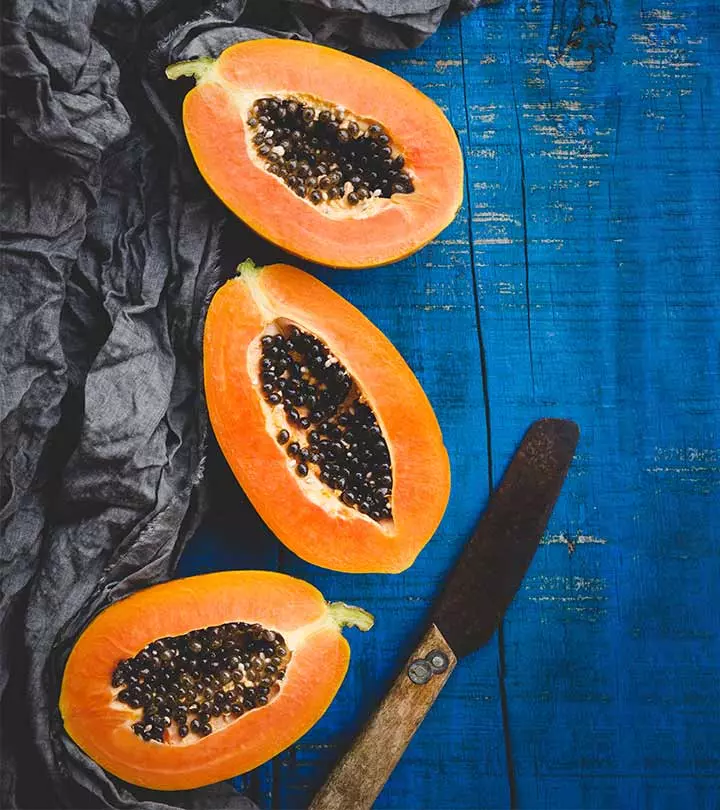
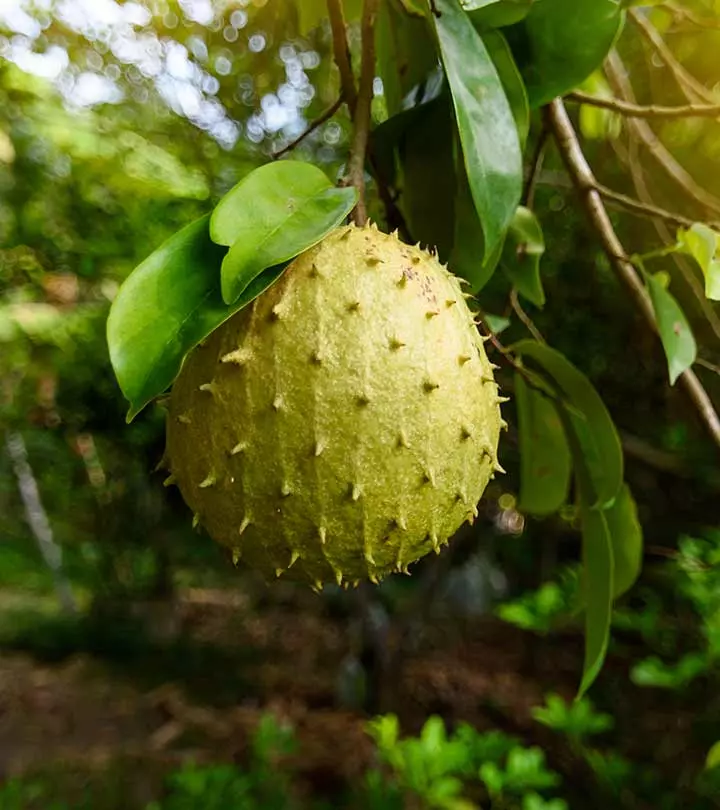
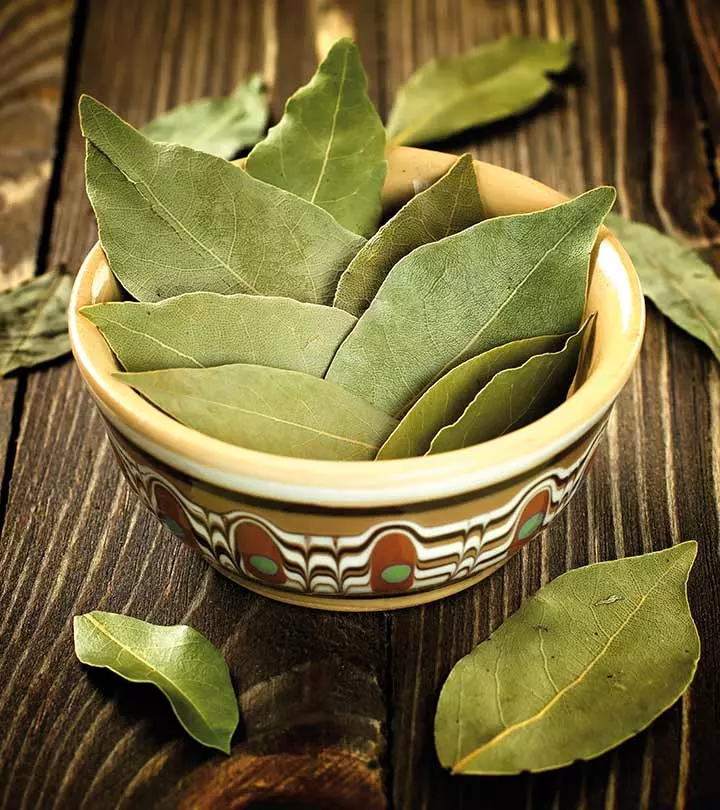
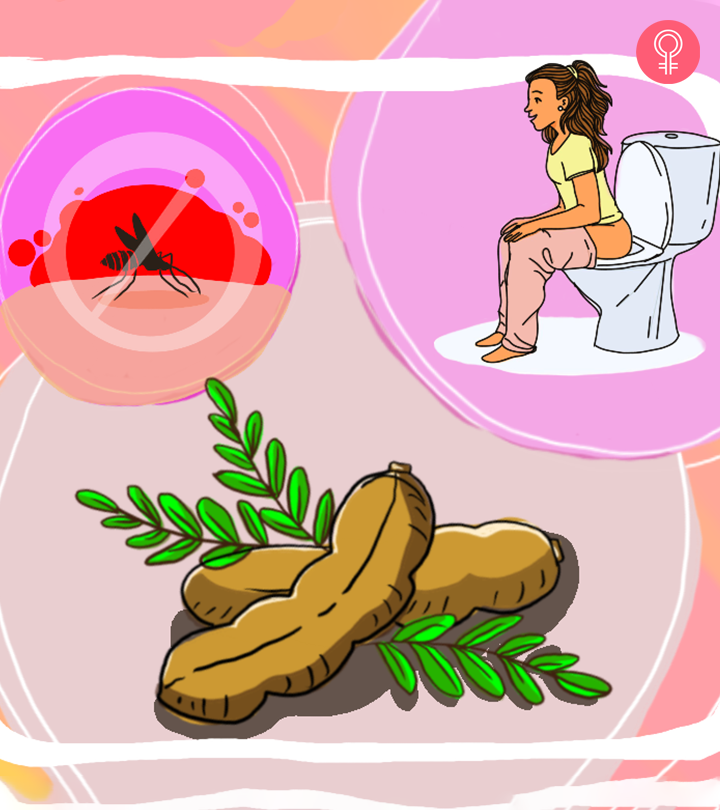
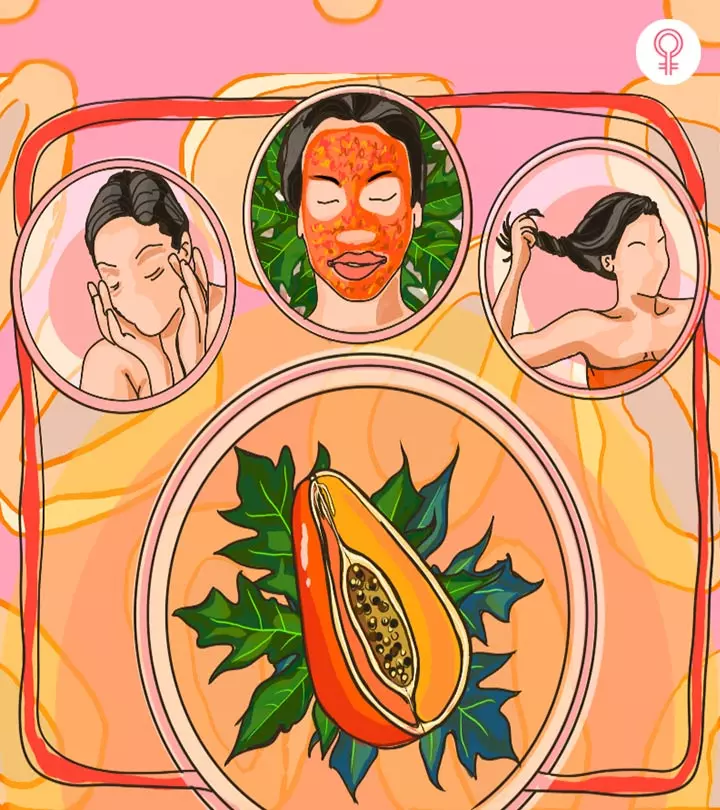
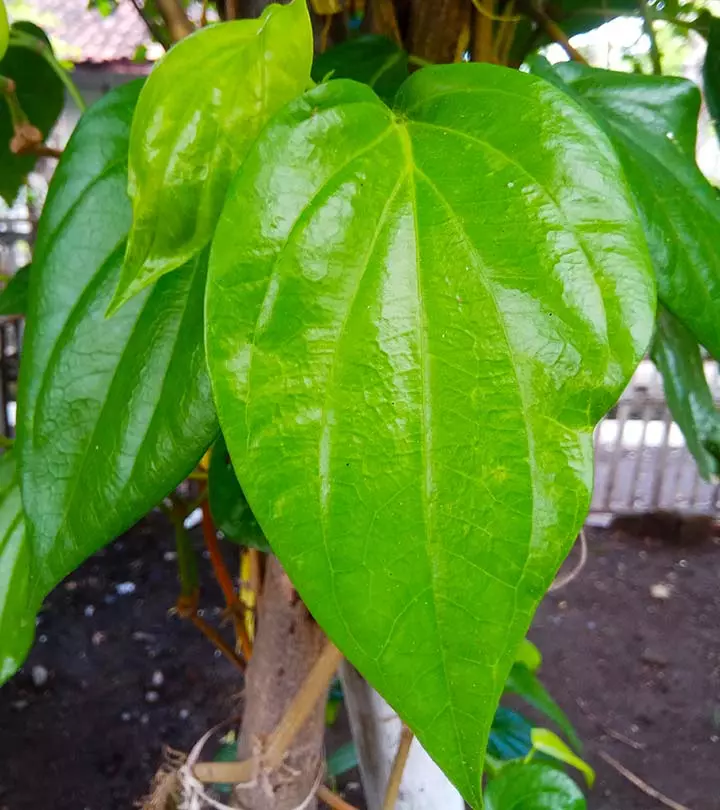
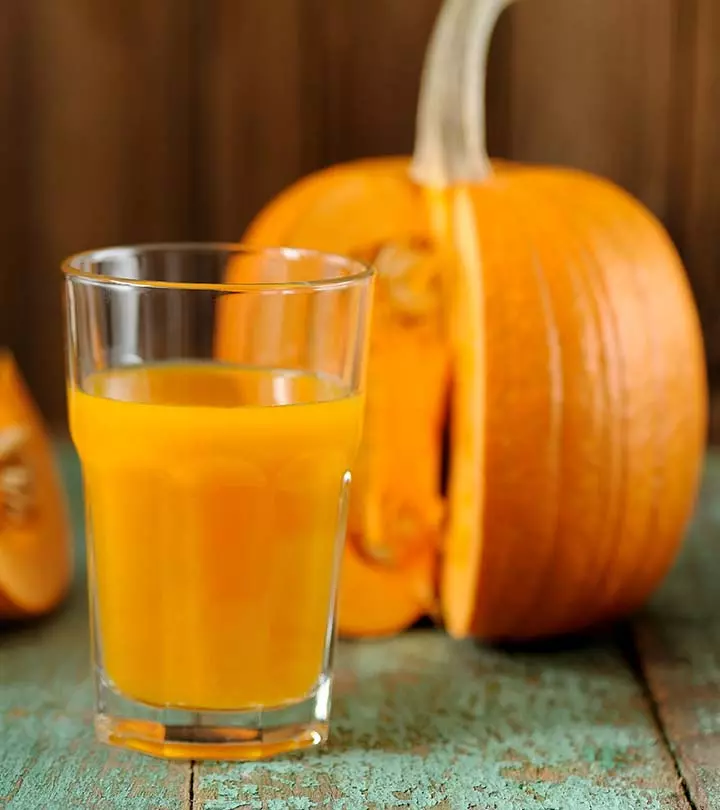
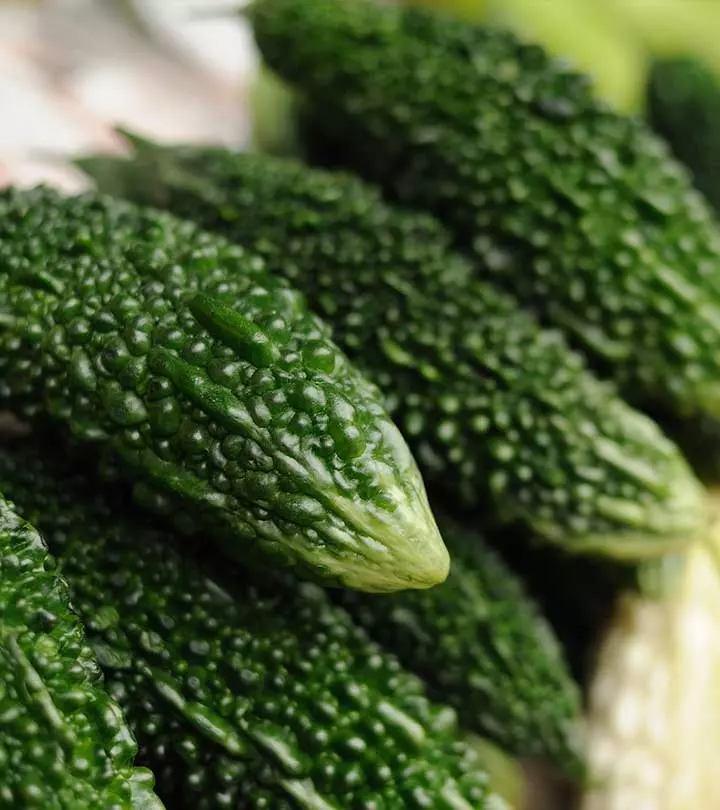
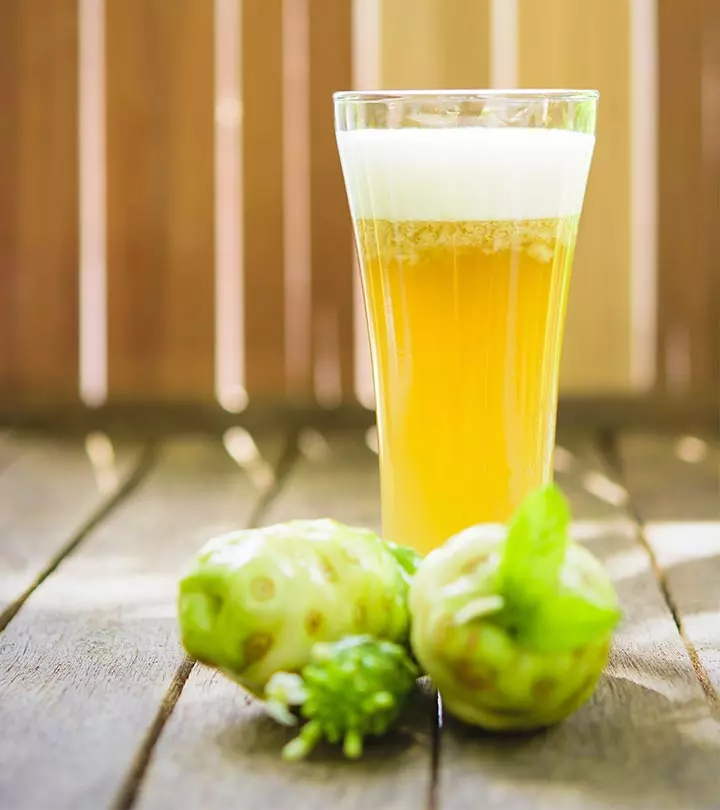
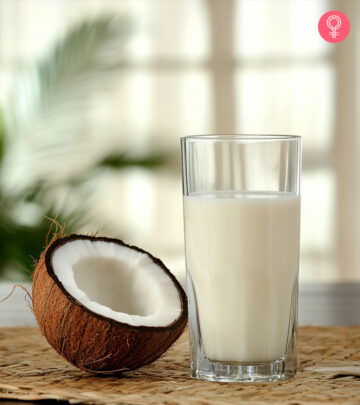
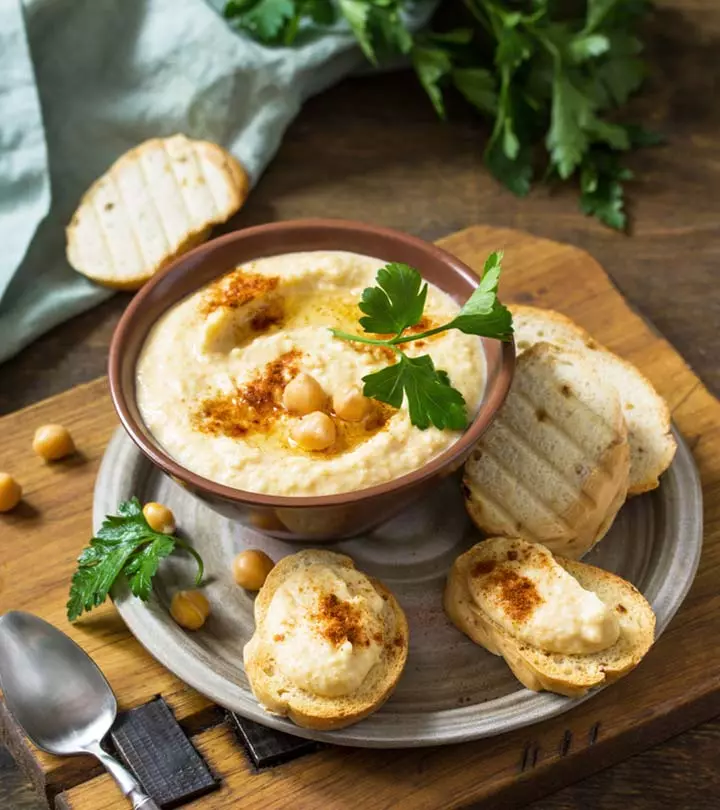
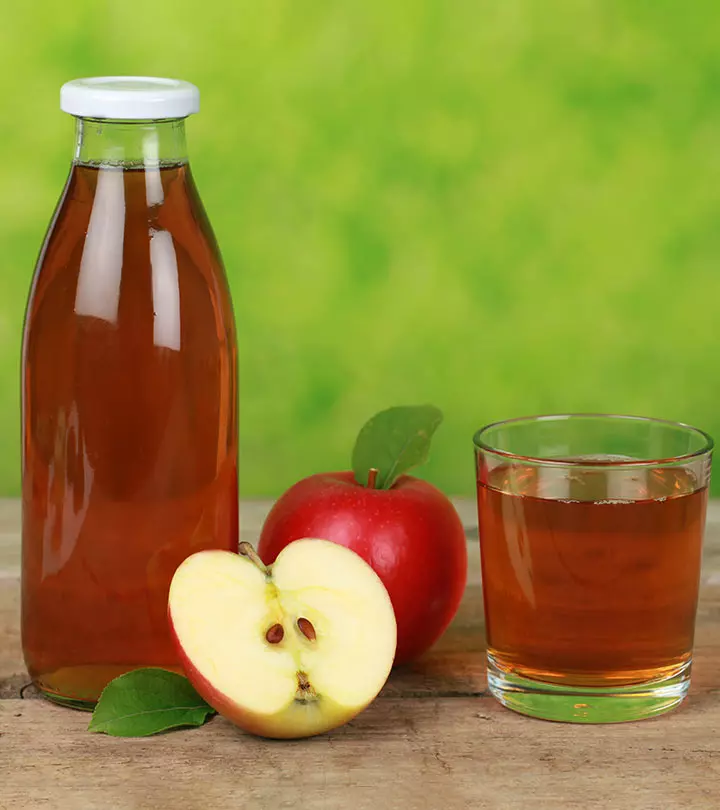
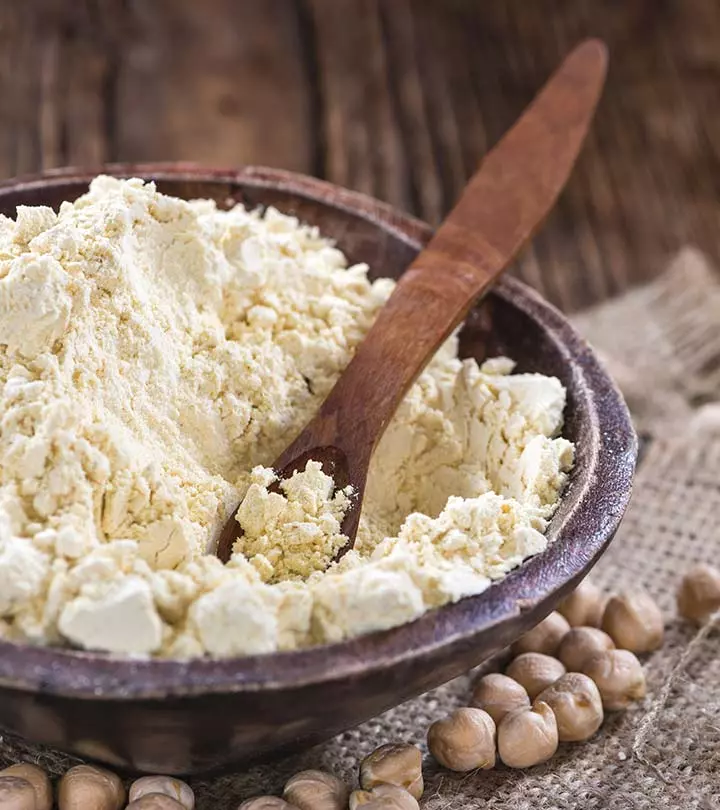
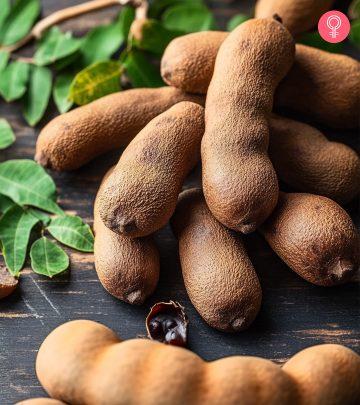
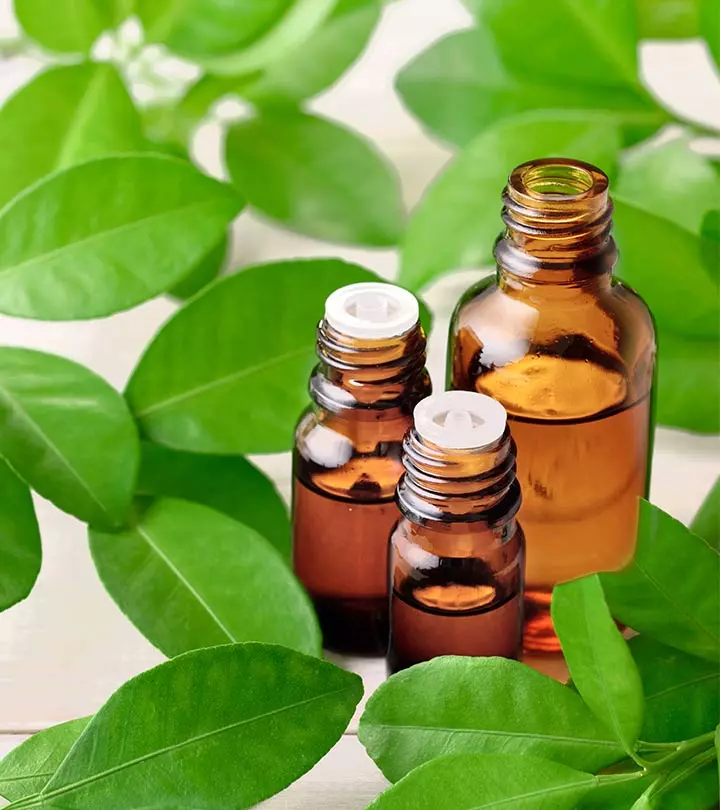
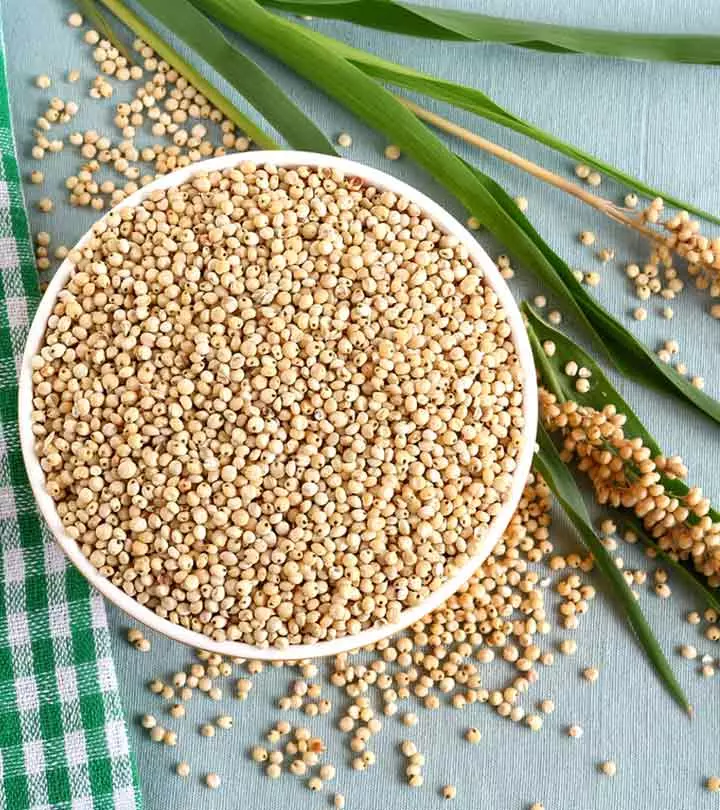

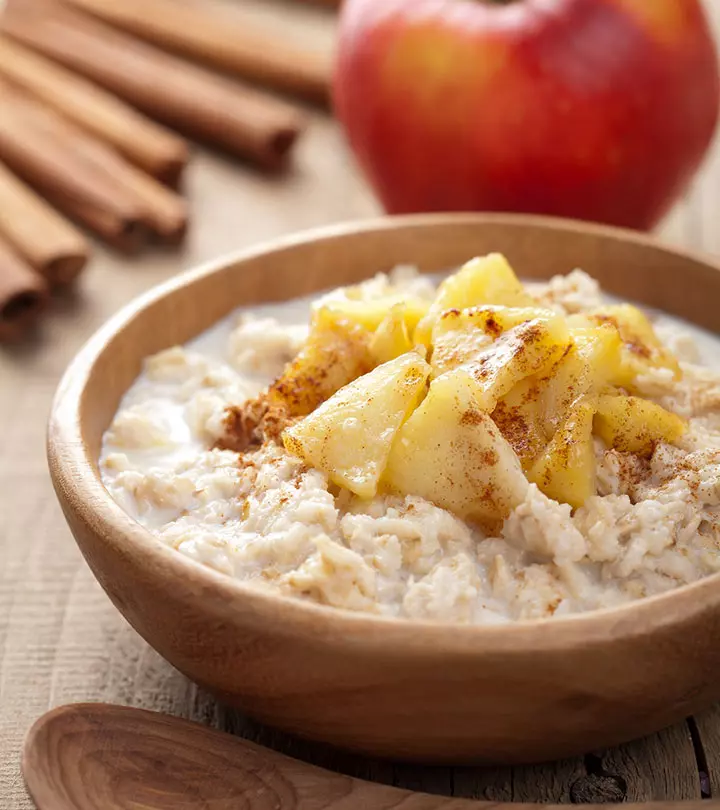
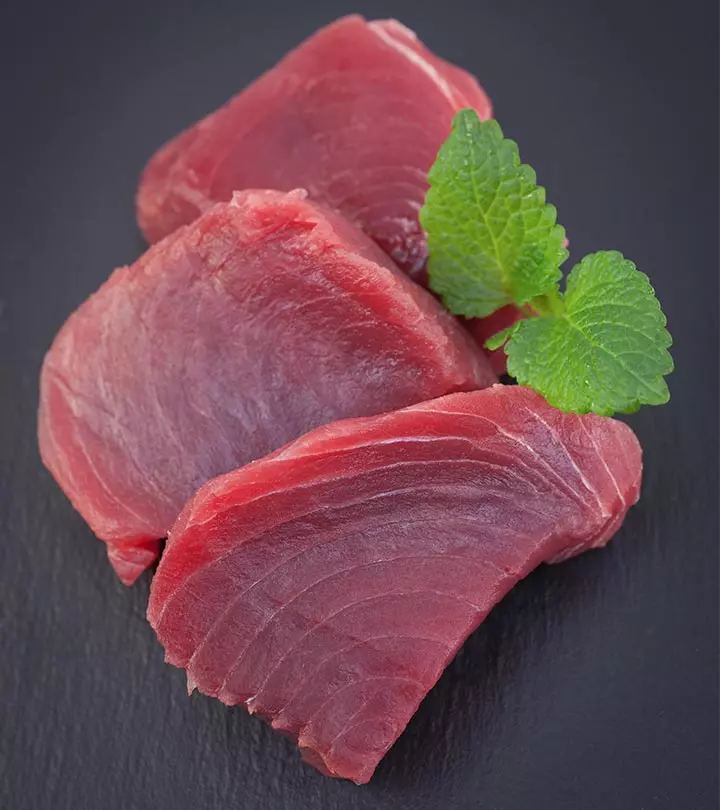
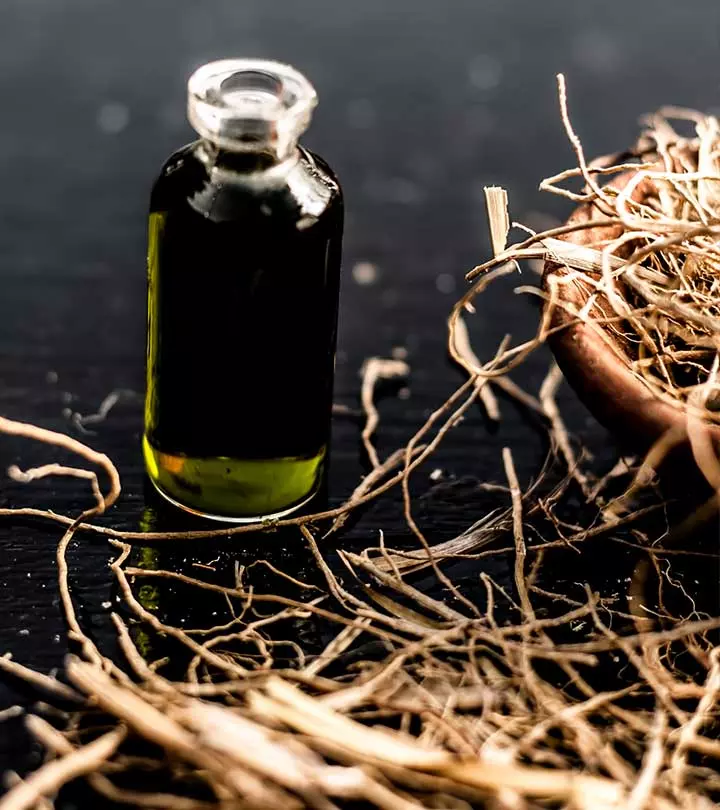
Community Experiences
Join the conversation and become a part of our empowering community! Share your stories, experiences, and insights to connect with other beauty, lifestyle, and health enthusiasts.